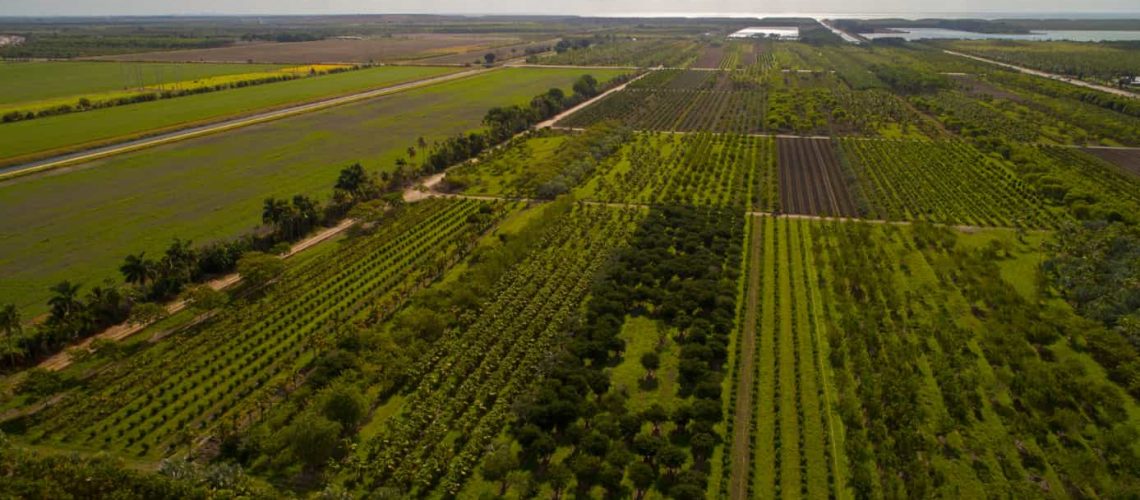Increased food demand globally has led to the rapid development of irrigation farming. Currently, over 20 percent of cultivated land worldwide is under irrigation. Irrigated agriculture contributes 40 percent of global food production. This implies that irrigation farming is essential to meet the world food demand.
Because of this, special attention has to be paid to the development of efficient farm irrigation systems. Whether you are a large-scale or small-scale farmer in Southwest Florida, you need to choose the best irrigation system that will best fit your farming project. To know which specific system is suitable for your land, you need to know how different irrigation systems work. You have to know the benefits and drawbacks of many other different farm irrigation systems. This article will discuss the five factors that you need to consider when choosing a farm irrigation system.
5 Factors to Consider When Choosing a Farm Irrigation System
When you are shopping for the best farming irrigation system for your farm, you must consider several factors. These factors include:
Type of Soil
This is the first and most important factor to consider. The type of soil in your farm will determine the irrigation system and the duration that the system will run. Sandy soils are highly percolative; hence they lose water rapidly. Sandy soil requires irrigation at close intervals. On the other hand, clayey soils will retain moisture longer, thus require less frequent application of water.
Farm Topography
The configuration of the surface of your farm is another critical factor to consider. If your farm is rugged with sloping terrain, it can be difficult to install an irrigation system. In this case, laterals should be run along the topographic lines, and the amount of water discharge be moderated to reduce surface run-off. Luckily most land in our area is flat.
Climatic Condition
The climatic condition of your location will determine the type of irrigation system to install. For example, sprinklers are not ideal for places with strong winds and arid areas. This is because of the increased loss of water from evaporation. Additionally, sprinkler water can easily be blown by the wind, causing an exceedingly significant loss of water. Therefore, drip irrigation is the most recommended system for such weather conditions.
Crops to be planted
When you are looking for an irrigation system, the type of crop you intend to plant will determine the design and system you will use. Crops have different crop water requirements. This will determine the amount of water each crop requires during its growing period. Knowing the crop water requirement will help you choose the design of the farm irrigation system that will deliver enough water for the crop. Also, drip irrigation is used for irrigating high-value crops such as vegetables, fruits, and other fast-maturing crops that have high returns.
Quality and Source of Water
The source and quality of your water is an important factor in the delivery of irrigation water. Since filtration is required for drip irrigation systems, water quality delivered to the system should be high and free from debris and pathogens. Some crops will require additional chlorination of the water before it is delivered to the crops. Therefore, before installing an irrigation system, you should test the quality of water on your farm.
While these are only some things to consider when choosing the right farm irrigation system, there are many other elements to think about. At Southwest Florida Service & Supply, we offer expert agricultural irrigation services, well water systems, and backflow prevention. Contact us at (239) 657-2429, at 535 East 11th St. Immokalee, FL 344142 for all your irrigation equipment needs and more.

